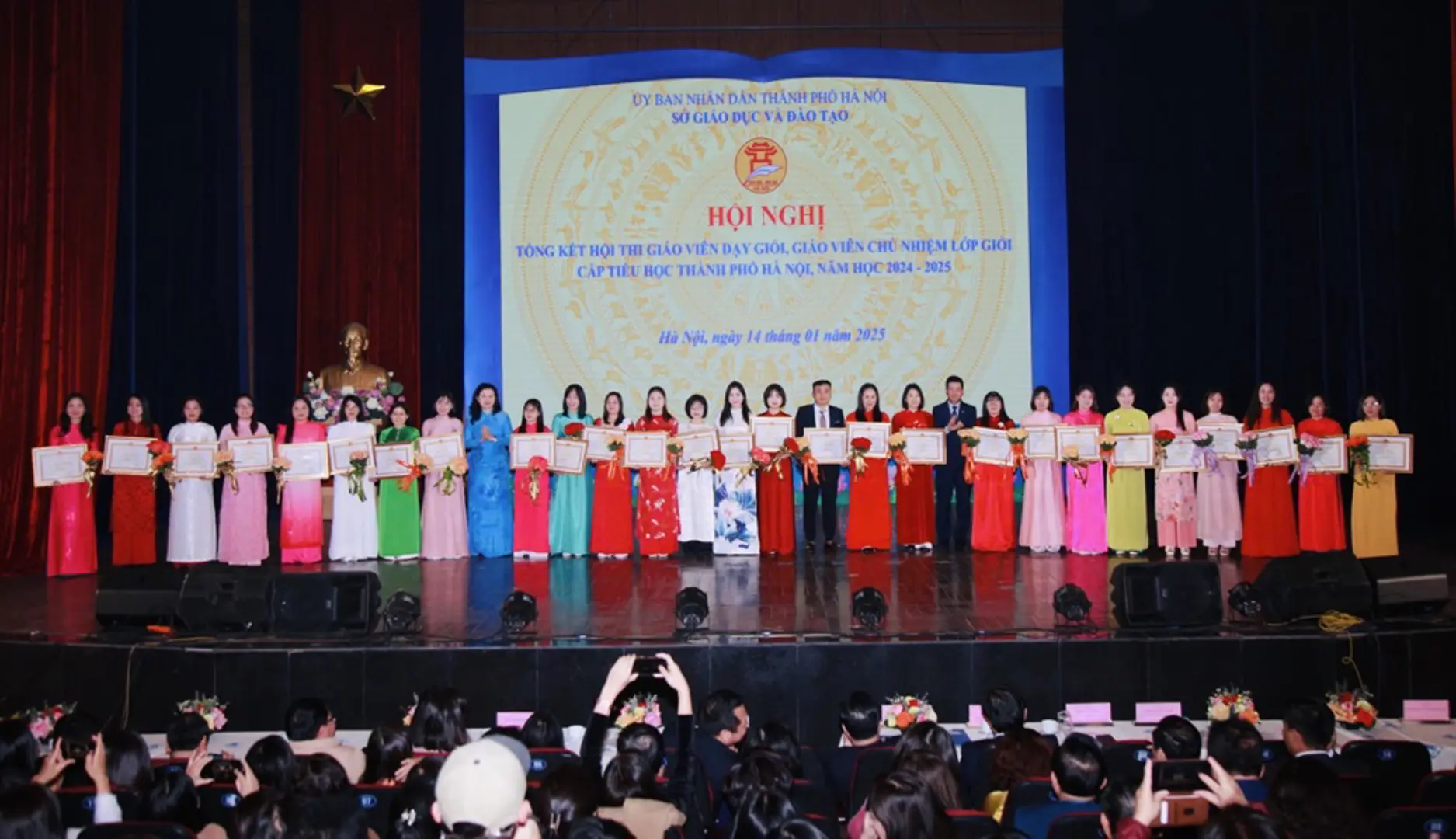Friday, 10:38 02/11/2018
Vietnam proactive in reducing greenhouse gas emissions
Vietnam will undertake many adaptation activities to increase its resilience to climate change, enabling it to contribute more to mitigating greenhouse gas (GHG) emissions.
Vietnam has been a proactive and responsible nation, committed to reducing greenhouse gas (GHG) emissions, said Tran Anh Duong, director of the Environment Department under the Ministry of Transport.
He made the statement at the consultation workshop of "Transport sector contribution on GHG emission reduction commitment", co-organized by Deutsche Gesellschaft für Internationale Zusammenarbeit (GIZ), the Ministry of Transport and the World Bank in Vietnam in Hanoi on November 1.
Vietnam is committed to reducing greenhouse gas (GHG) emissions by 8% by 2030 with domestic resources, and possibly by 25% with international support, Duong said.
He noted that according to the Forest Science Institute of Vietnam, GHG emissions, including CO2, CH4, N2O, HFCs, PFCs and CS6, are the major causes to climate change.
The main sources of air pollution and GHG emissions include traffic, construction, service and industrial activities, Duong added.
He said millions of vehicles, especially those that have expired, emit toxic gases (CO, CO2, NOx, Sox) and lead dust when they are in operation, which will seriously affect air quality and discharge large amounts of GHG into the environment.
Nguyen Quoc Khanh, an energy expert from the Ministry of Transport, said that means of transport and fixed energy are two sources accounting for more than 90% of GHG emissions in Vietnam.
Suggesting solutions to reduce GHG emissions from urban transport, Khanh said one of the necessary solutions is the use of clean fuel, adding that Vietnam began to sell biofuel E5 in 2018.
In terms of vehicle technology, Vietnam needs to change technologies that increase the efficiency of fuel use, thereby reducing harmful gases. The Vietnamese government needs to encourage its people to use public transport such as Bus Rapid Transit (BRT) and urban railways, Khanh added.
He listed that Vietnam is also implementing measures to organize traffic scientifically to reduce traffic jams, build and complete roads, traffic junctions, bridges and river crossing tunnel to meet people’s travelling needs, contributing to reduce air pollution by means of transport.
Besides, the Vietnamese government has also encouraged people to use public transport and use biofuel fuel instead of traditional fuel, Khanh said.
He added that in order to mitigate climate change and gradually control GHG emissions, Vietnam has encouraged programs applying clean and environmentally-friendly technologies.
Moreover, the director of the Environment Department emphasized that Vietnam will deploy many adaptation activities to increase its resilience to climate change, enabling it to contribute more to mitigating GHG emissions.
Furthermore, Vietnam will devise projects to lower GHG emissions in ten fields of urban planning, energy, transport, industry, water management, waste management, construction, health, agriculture, and tourism, Duong said.
Adaptation contribution focuses on agriculture, water resources, forestry in the delta, coastal, mountainous and urban areas, he added.
"This is a national contribution, so there should be a thorough review by all contributors, ensuring transparency in the implementation. The parties should understand what their contribution is, what is the need to prepare for such a contribution, and what is the responsibility to implement after the contribution is approved," Duong told Hanoitimes.
Jen Jong Oh, a transportation economist in Vietnam, appreciated the Vietnamese government’s efforts to launch this process in a timely manner. Efforts and inputs by climate change stakeholders are needed to make this process meaningful.
"If we work together, coordinate development goals and climate, we can work together to create successful stories and expand them internationally," Jen Jong Oh stressed.
Many comments from both domestic and foreign participants attending the workshop said that being a developing country which does not cause climate change but is affected by climate change, Vietnam always shows the highest effort with the community combating global climate change.
He made the statement at the consultation workshop of "Transport sector contribution on GHG emission reduction commitment", co-organized by Deutsche Gesellschaft für Internationale Zusammenarbeit (GIZ), the Ministry of Transport and the World Bank in Vietnam in Hanoi on November 1.

A view of the workshop. Photo: Nguyen Ngan
|
He noted that according to the Forest Science Institute of Vietnam, GHG emissions, including CO2, CH4, N2O, HFCs, PFCs and CS6, are the major causes to climate change.
The main sources of air pollution and GHG emissions include traffic, construction, service and industrial activities, Duong added.
He said millions of vehicles, especially those that have expired, emit toxic gases (CO, CO2, NOx, Sox) and lead dust when they are in operation, which will seriously affect air quality and discharge large amounts of GHG into the environment.
Nguyen Quoc Khanh, an energy expert from the Ministry of Transport, said that means of transport and fixed energy are two sources accounting for more than 90% of GHG emissions in Vietnam.
Suggesting solutions to reduce GHG emissions from urban transport, Khanh said one of the necessary solutions is the use of clean fuel, adding that Vietnam began to sell biofuel E5 in 2018.
In terms of vehicle technology, Vietnam needs to change technologies that increase the efficiency of fuel use, thereby reducing harmful gases. The Vietnamese government needs to encourage its people to use public transport such as Bus Rapid Transit (BRT) and urban railways, Khanh added.
He listed that Vietnam is also implementing measures to organize traffic scientifically to reduce traffic jams, build and complete roads, traffic junctions, bridges and river crossing tunnel to meet people’s travelling needs, contributing to reduce air pollution by means of transport.
Besides, the Vietnamese government has also encouraged people to use public transport and use biofuel fuel instead of traditional fuel, Khanh said.

Nguyen Quoc Khanh, an enery expert from the Ministry of Transport. Photo: Nguyen Ngan
|
Moreover, the director of the Environment Department emphasized that Vietnam will deploy many adaptation activities to increase its resilience to climate change, enabling it to contribute more to mitigating GHG emissions.
Furthermore, Vietnam will devise projects to lower GHG emissions in ten fields of urban planning, energy, transport, industry, water management, waste management, construction, health, agriculture, and tourism, Duong said.
Adaptation contribution focuses on agriculture, water resources, forestry in the delta, coastal, mountainous and urban areas, he added.
"This is a national contribution, so there should be a thorough review by all contributors, ensuring transparency in the implementation. The parties should understand what their contribution is, what is the need to prepare for such a contribution, and what is the responsibility to implement after the contribution is approved," Duong told Hanoitimes.
Jen Jong Oh, a transportation economist in Vietnam, appreciated the Vietnamese government’s efforts to launch this process in a timely manner. Efforts and inputs by climate change stakeholders are needed to make this process meaningful.
"If we work together, coordinate development goals and climate, we can work together to create successful stories and expand them internationally," Jen Jong Oh stressed.
Many comments from both domestic and foreign participants attending the workshop said that being a developing country which does not cause climate change but is affected by climate change, Vietnam always shows the highest effort with the community combating global climate change.























